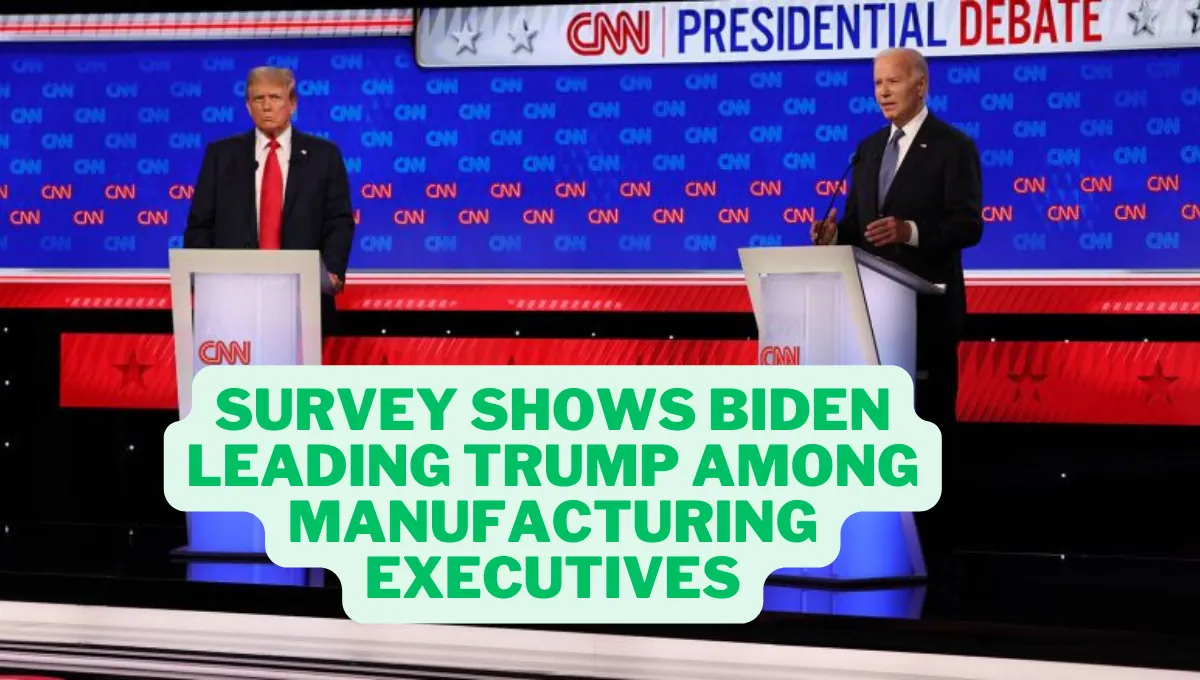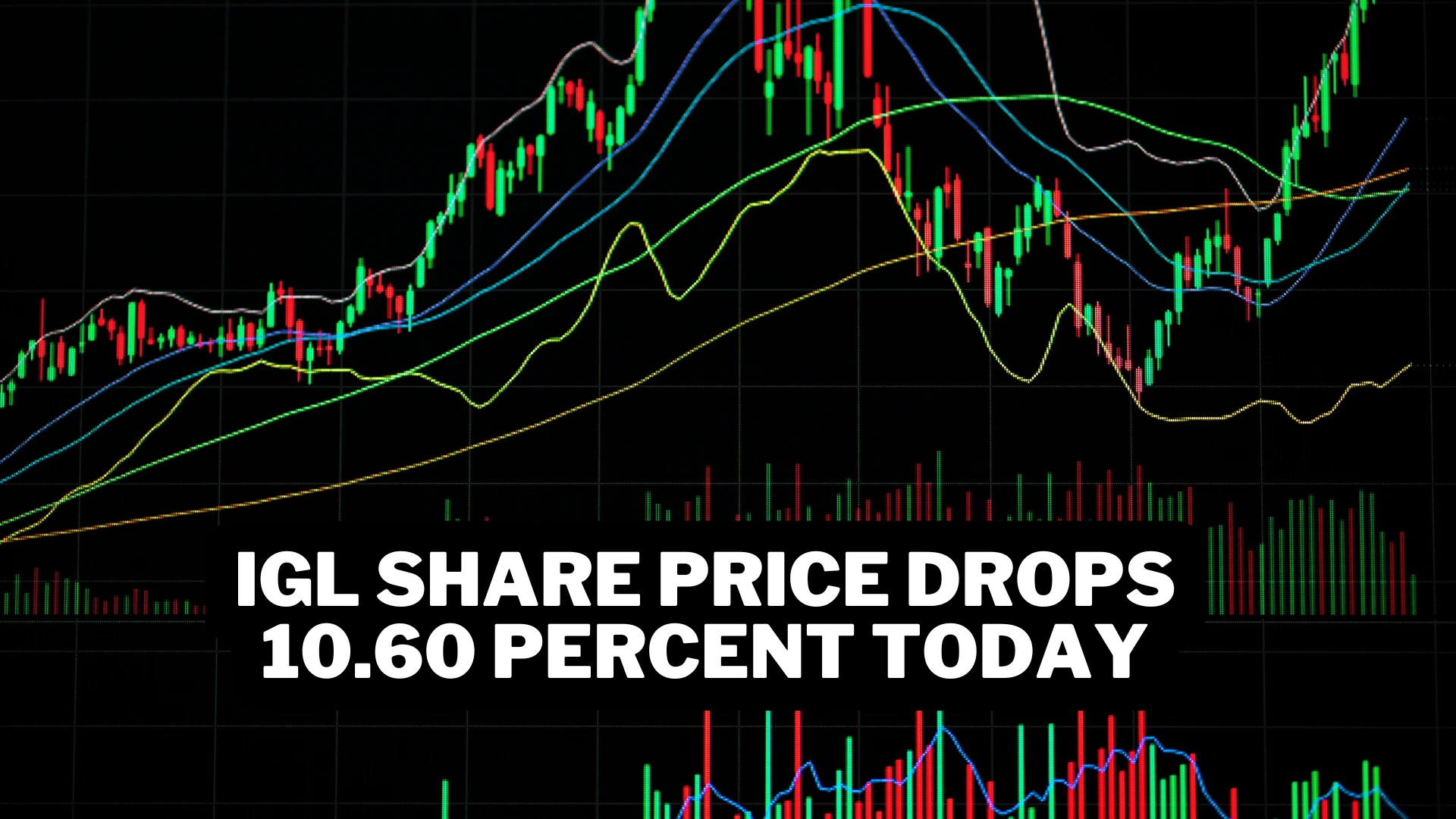In a recent survey conducted by Censuswide between April 15 and April 25, 2024, manufacturing executives in the United States revealed their preference for President Joe Biden over former President Donald Trump.
The study, commissioned by the software company Medius, provides a snapshot of the political leanings and priorities of leaders in the manufacturing sector.
With Biden slightly ahead of Trump in several key areas, this survey sheds light on the critical issues and policies that matter most to these executives.
Biden Favored to Steer the Manufacturing Sector
According to the survey of 501 manufacturing executives, 49% trust Biden to guide the manufacturing sector, narrowly surpassing Trump, who garnered 46% support.
This slim margin indicates a competitive landscape, but Biden’s edge highlights a preference for his approach to economic and industrial policies among a significant portion of the sector’s leadership.
Support for Manufacturing Policies
When it comes to supporting manufacturers, Biden also holds a slight advantage. The poll shows that 48% of executives believe Biden is more supportive of manufacturers compared to 47% for Trump.
This nearly even split suggests that both leaders have substantial backing but Biden’s policies resonate marginally more with the manufacturing community.
Energy and Infrastructure Programs vs. Tax Cuts and Tariffs
One of the significant differentiators in the survey was the preference for Biden’s energy and infrastructure initiatives over Trump’s tax cuts and tariffs.
Specifically, 36% of respondents favor Biden’s $1.6 trillion energy and infrastructure programs, while 33% support Trump’s tax cuts, and 30% prefer his tariffs on imports.
This indicates a tilt towards long-term investments in infrastructure and sustainable energy over immediate fiscal measures.
Delivering on Promises and Predictability
Half of the executives surveyed expressed confidence in Biden’s ability to deliver on promises, compared to 44% for Trump.
Furthermore, 55% view Biden as the more predictable candidate, while Trump received 38% in this category.
This suggests that predictability and reliability are critical factors for manufacturing leaders, and Biden’s administration is seen as more consistent in these respects.
Trump’s Strengths: Inflation, Interest Rates, and Supply Chain Issues
Despite Biden’s overall lead, the survey highlights areas where Trump is perceived as more capable.
For addressing high inflation, 46% of respondents prefer Trump, compared to 38% for Biden.
Similarly, Trump is favored to tackle high interest rates (46% vs. 39%), supply chain disruptions (45% vs. 41%), and global competition (45% vs. 40%).
These findings indicate that, in times of economic uncertainty and global challenges, many executives still lean towards Trump’s policies.
Inflation and Interest Rates
High inflation and rising interest rates are significant concerns for manufacturing executives.
Trump’s policies, which include aggressive fiscal measures and regulatory reforms, are seen by many as more effective in combating these issues.
The preference for Trump in these areas suggests a belief in his ability to provide immediate economic relief and stabilize the financial environment.
Supply Chain and Global Competition
Supply chain disruptions and global competition are other critical issues where Trump is viewed more favorably.
His focus on tariffs and trade policies resonates with executives looking for protection against foreign competition and solutions to logistical challenges.
The survey indicates a substantial portion of the sector values Trump’s approach to maintaining competitive advantage and ensuring supply chain resilience.
Conclusion
The survey conducted by Censuswide for Medius reveals a closely contested preference between Biden and Trump among U.S. manufacturing executives.
While Biden holds a slight overall lead and is preferred for his energy and infrastructure programs, as well as his predictability and ability to deliver on promises, Trump is favored for addressing economic challenges like inflation, interest rates, supply chain disruptions, and global competition.
This nuanced landscape underscores the diverse priorities within the manufacturing sector, reflecting a balance between long-term strategic investments and immediate economic interventions.
As both leaders continue to shape their political platforms, their ability to address these critical issues will be pivotal in garnering the support of the manufacturing community.










